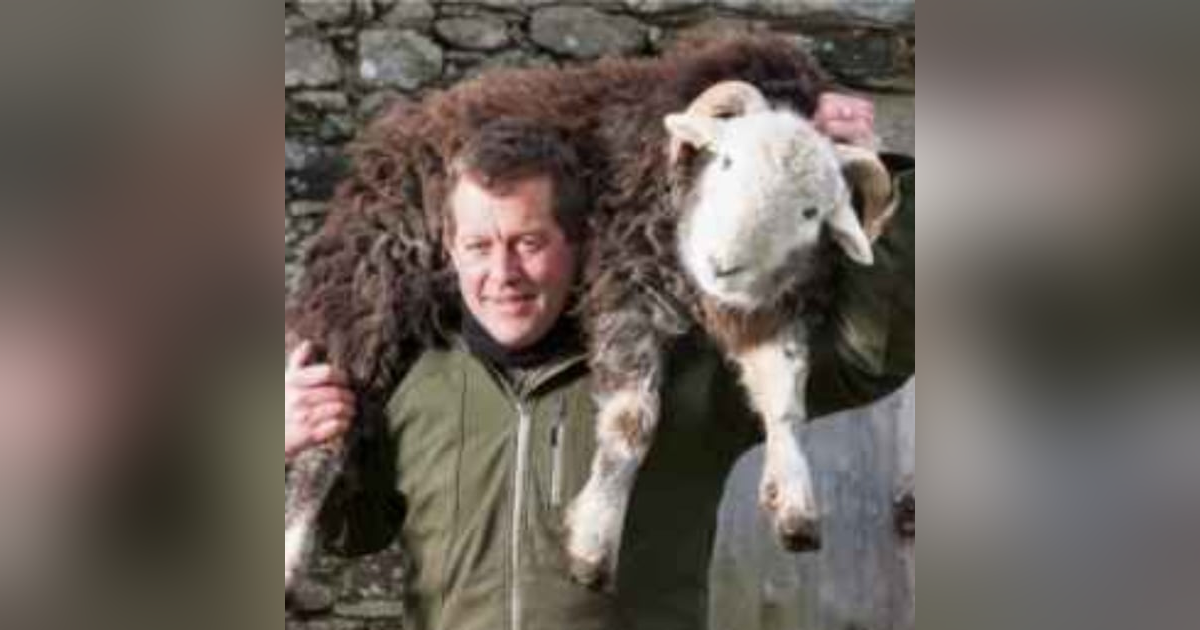524: James Rebanks, part 1: Pastoral Song

James Rebanks' first massively bestselling book, The Shepherd's Life, and the images of that life he posts online, at first make you think he hails from another time. It describes a life both almost unimaginable to most city dwellers like myself and more than half the Earth and traditional, going back centuries or even millennia. He illustrates his relationships with his father and grandfather, the land, the sheep, and history.
But he also shows that he is from now, not another time. I sensed myself out of touch with humanity and nature with plastic and not knowing what trees and birds live near me. In his second book, Pastoral Song, also a massive bestsellr, he describes more his conflict and struggle with the invasion of modernity into his life, his foray into acceptance, and ultimate his joyful rejection of it.
Many of us dream of rejecting the parts of modernity that stultify us but decline to act out of fear. James rejected it, not easy. You'll love his openness and experiences likely different from anyone you know. When British people talk about the Lake District, they get wistful. I've never been there. James is of that territory.
James's views contrast and complement previous guest James Suzman's, who wrote about the San bushmen in the Kalahari Desert. Both speak of living in harmony and balance with nature, struggling at the first world expanding into their territory.
In our conversation, James Rebanks shares his views and experience on nature, family, and his life. I mostly bring people from organizations---businesses, political office, sports teams, etc. James comes from family, farms, and England's Lake District. He shares a life unlike anyone I met but probably like thousands of my ancestors.
Here is the quote I read:
For weeks afterward, as we passed Henry’s farm, Dad would tell me that we were bloody fools. This news confirmed something Dad had always felt in his gut. Deep down he had never really believed in many of the changes, and with every passing year he was becoming more skeptical. We were doing these new things because we had to—getting more cattle and sheep, acquiring bigger machines, making these changes and meanwhile losing good people—and yet where was it all heading? If modern farming made the soil worse, and reduced it to a junkie requiring more and more hits of shop-bought chemicals, then how sustainable was it? Dad couldn’t step out of it entirely, but he saw right through it. Rather than admire our friends and relatives who were creating huge new farming businesses, with enormous buildings and loads of machinery and staff, he worried for them. He thought their world was ugly, built on debt, and increasingly risky and volatile; it would all come crashing down around them someday. And when it began to, and some of the biggest farms went bankrupt, he defended them and said we had all been fools once. There was no pleasure in seeing farmers losing their farms.
My father knew the truth lay in Henry’s soil.
Hosted on Acast. See acast.com/privacy for more information.







